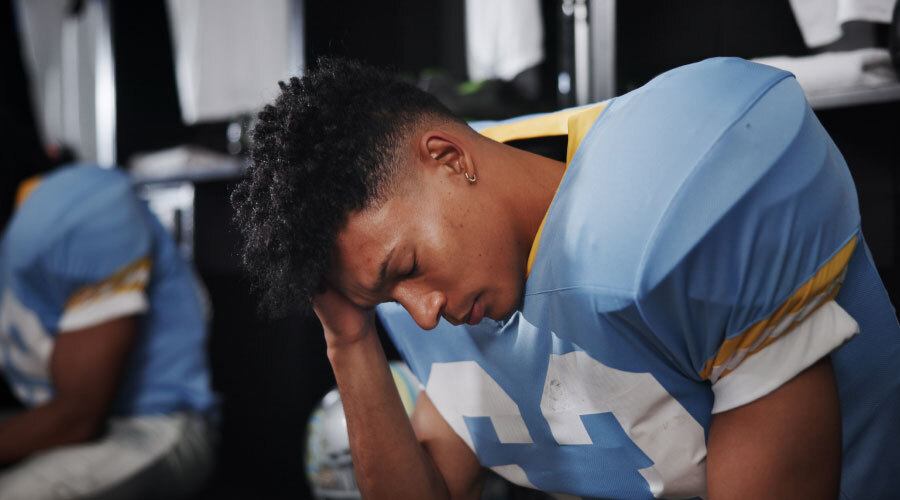
As the school year begins and fall sports get underway, athletes, parents, and coaches are gearing up for a season full of practices, games, and team pride. With all the excitement comes the responsibility to keep athletes safe, especially when it comes to head injuries. Concussion awareness is one of the most important steps in protecting the long-term health of student athletes.
Understanding Concussions
A concussion is a type of mild traumatic brain injury that happens when a bump, blow, or jolt to the head, or a hit to the body, causes the head and brain to move quickly back and forth. This movement can cause the brain to bounce or twist inside the skull, leading to chemical changes and, in some cases, damage to brain cells.
While football gets most of the attention when it comes to concussions, they can happen in any sport or physical activity, including football, soccer, lacrosse, cheerleading, and gymnastics.
How to Recognize the Signs
Concussions do not always look the same. Some symptoms appear right away, while others may not show up until hours or days later.
Common signs include:
- Headache or pressure in the head
- Dizziness or balance problems
- Nausea or vomiting
- Sensitivity to light or noise
- Confusion or trouble concentrating
- Slurred speech
- Memory problems
- Mood changes or irritability
Red flag symptoms like worsening headache, repeated vomiting, seizures, or loss of consciousness require immediate emergency care.
What to Do if You Suspect a Concussion
If you think an athlete might have a concussion:
- Take them out of play immediately. Continuing to participate puts them at risk for more serious injury.
- Get a professional evaluation. A health care provider trained in concussion management can decide when it is safe to return to activity.
- Follow a recovery plan. Rest is important at first, but a gradual return to school and sports under medical supervision is the safest path to recovery.
The Role of Parents and Coaches
- Learn the warning signs and keep a close eye after any hit to the head or body.
- Take athletes seriously if they say something feels off.
- Support recovery by following medical guidance and not rushing them back into play.
Why Early Evaluation Matters
Getting a diagnosis and proper treatment right away can help prevent long-term problems like post-concussion syndrome. At Access Sports Medicine, our sports medicine team uses the latest tools and protocols to assess, treat and monitor concussions. Our goal is to help athletes recover fully and get back to the activities they enjoy.
Be proactive this season. Take our Do I Have a Concussion? Quiz to learn the signs and risks.
Access Sports Medicine is here to be your partner in concussion care. Whether you are a parent, coach or athlete, we can help you navigate recovery with expert guidance every step of the way.


